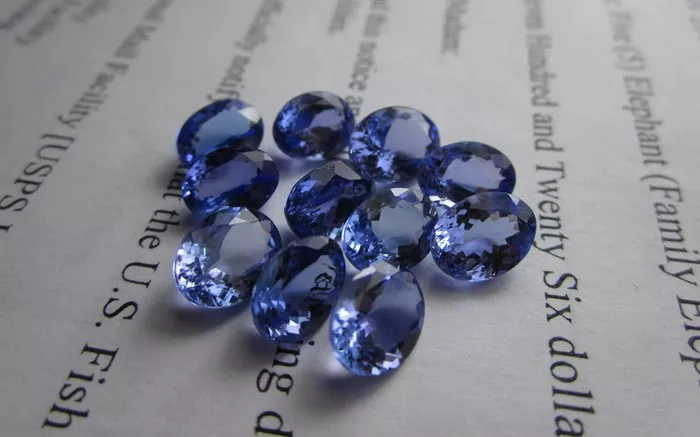The Royal Mint of Britain, an esteemed institution renowned for crafting British coins, has embarked on a groundbreaking and environmentally conscious mission that redefines jewelry-making. Fusing tradition with modernity, The Royal Mint is repurposing silver extracted from used X-ray films, marking a collaborative effort with Betts Metals, a company with a distinguished legacy of over 250 years in recovering precious metals from waste. This innovative initiative aims to prevent precious silver from ending up in landfills or being incinerated.
Silver Recovery from X-ray Films
In partnership with Betts Metals, The Royal Mint is involved in the intricate process of recovering silver from used X-ray films collected from hospitals across the nation. This not only contributes to revenue generation for healthcare providers but also emphasizes the importance of sustainability in the precious metal industry. The complexity of the process requires a substantial quantity of X-ray films to make it cost-effective, considering the varying amounts of silver in each film.
Gold Extraction from Electronic Waste
Running parallel to the silver recovery initiative, The Royal Mint has embarked on gold retrieval from electronic waste, utilizing an advanced technique developed by the Canadian company Excir. This cutting-edge method claims to recover over 99% of precious metals rapidly from electronic waste, including circuit boards and discarded mobile phones. The Royal Mint’s commitment to this endeavor is exemplified by its plan to construct a Precious Metals Recovery plant capable of processing 4,000 metric tons of the UK’s electronic waste annually.
The 886 Jewelry Collection
The culmination of these efforts is The Royal Mint’s 886 jewelry collection, featuring pieces crafted from the recovered X-ray silver and e-waste gold. These materials, according to the company, exhibit identical performance to mined metals. Dominic Jones, the creative director for 886, underscores the importance of recycling materials to preserve already mined precious metals. This commitment to sustainability and environmental responsibility is a testament to The Royal Mint’s dedication.
Global Relevance
The Royal Mint’s initiatives address a broader global issue, as over 50 million metric tons of electronic waste are produced worldwide annually, with less than 20% being recycled. The remainder poses significant environmental risks. By pioneering in the recovery of precious metals, The Royal Mint advocates for recycling and sustainability. The goal is to ensure that all jewelry crafted by The Royal Mint is sourced sustainably, reinforcing the idea that luxury can be both timeless and environmentally responsible.


